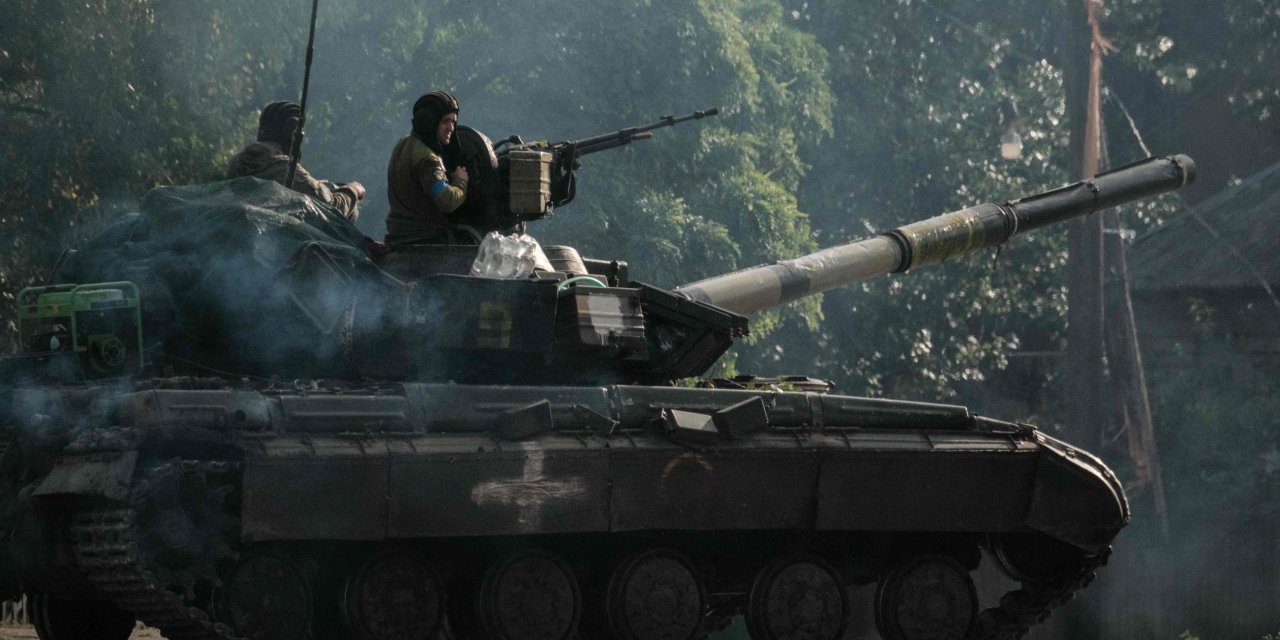Putin's Peace Talks Proposal: A Diplomatic Failure?

Table of Contents
The Proposal's Key Components and Shortcomings
Putin's peace proposal, while presented as a pathway to de-escalation, contained several key components that proved deeply problematic and ultimately doomed its chances of success. These shortcomings highlight a significant gap between Russia's objectives and the internationally recognized principles of sovereignty and territorial integrity.
Territorial Concessions: A Non-Starter
The proposal's core issue revolved around territorial concessions demanded from Ukraine. These demands included:
- Annexation of Crimea: The continued Russian occupation and annexation of Crimea, declared illegal by the international community.
- Recognition of Separatist-held Territories: Acceptance of the Donetsk and Luhansk People's Republics as independent states, disregarding Ukraine's internationally recognized borders.
- Cession of Additional Territories: Demands for the cession of further Ukrainian territories beyond the currently occupied regions.
Ukrainian and Western reactions were swift and unified in their rejection of these demands. Any proposal requiring Ukraine to cede territory as a precondition for peace is unacceptable. Potential concessions that might have improved the proposal's reception could have included a focus on demilitarized zones, confidence-building measures, and a commitment to verifiable ceasefires, rather than outright territorial demands.
Security Guarantees and NATO Expansion: Unrealistic Expectations
The proposal also included demands related to security guarantees for Russia and its opposition to NATO expansion. Russia argued that NATO expansion threatens its security interests. However, the proposed guarantees were viewed as unrealistic and unacceptable.
- Security Guarantees: The specific nature of the proposed guarantees remained vague, raising concerns about their enforceability and potential to undermine Ukrainian sovereignty.
- NATO Expansion: Russia's insistence on halting NATO expansion is a non-negotiable red line for many NATO members, who view it as an infringement on their right to collective self-defense.
- Counterarguments: Alternative security architectures, such as enhanced dialogue and confidence-building measures among all concerned parties, could have been explored as less confrontational alternatives.
Demilitarization and "Denazification": Propaganda and Unacceptable Demands
The proposal's inclusion of demands for Ukrainian demilitarization and "denazification" proved particularly controversial. These are widely viewed as propaganda tools designed to justify Russia's invasion rather than genuine peace initiatives.
- Demilitarization: This demand is seen as an attempt to disarm Ukraine, leaving it vulnerable to further aggression.
- "Denazification": This is a baseless accusation used to demonize the Ukrainian government and justify the invasion, ignoring the fact that Ukraine is a democratically elected government.
- Propaganda: The clear propagandistic nature of these demands further undermined the proposal's credibility and its potential for fostering genuine peace negotiations.
International Response and Diplomatic Fallout
Putin's peace talks proposal was met with swift and unified rejection from Ukraine and its allies. This international response highlights the proposal's fundamental flaws and its lack of viability as a diplomatic solution.
Reactions from Ukraine and its Allies: Unified Rejection
- Ukraine: The Ukrainian government unequivocally rejected the proposal, emphasizing its commitment to defending its territorial integrity and sovereignty.
- US, EU, and NATO: These key international actors similarly rejected the proposal, highlighting its unacceptability and calling for a just and lasting peace based on Ukraine's sovereignty and territorial integrity.
- Further Sanctions and Military Aid: The rejection has likely increased the likelihood of further sanctions against Russia and continued military aid to Ukraine.
International Organizations' Involvement: Limited Success
International organizations like the UN and OSCE have attempted to mediate the conflict but have achieved limited success.
- UN and OSCE Actions: These organizations have issued statements condemning the invasion and calling for a peaceful resolution, but their ability to enforce compliance or mediate effectively remains limited.
- Limitations and Obstacles: The ongoing conflict, coupled with Russia's actions, has created significant obstacles to effective mediation efforts.
- Effectiveness: The current situation demonstrates the limitations of international organizations in resolving conflicts when one party refuses to abide by international law and norms.
Alternative Paths to Peace and Negotiation Strategies
Given the failure of Putin's peace talks proposal, exploring alternative paths to peace becomes crucial. This requires a focus on strategies that promote genuine negotiations and respect the principles of international law.
Potential Avenues for Future Negotiations: A Focus on Compromise
- Compromises and Concessions: Future negotiations must focus on realistic compromises and concessions that respect Ukraine's sovereignty and territorial integrity while addressing Russia's legitimate security concerns, potentially through multilateral security arrangements.
- Third-Party Mediation: Active involvement of neutral third-party mediators with proven track records in conflict resolution is crucial.
- Trust-Building Measures: Implementing confidence-building measures, including ceasefires, prisoner exchanges, and humanitarian aid corridors, is paramount to fostering an environment conducive to negotiations.
Long-Term Implications for the Conflict: Uncertainty Remains
The failure of Putin's peace talks proposal significantly impacts the long-term trajectory of the Russia-Ukraine conflict.
- Potential Scenarios: Several scenarios are possible, ranging from continued military conflict and further escalation to a negotiated settlement based on fundamentally different principles.
- Further Escalation: The ongoing conflict poses a significant risk of further escalation, with potential regional and global implications.
- Geopolitical Stability: The conflict severely destabilizes the geopolitical order and has wide-ranging economic and humanitarian consequences.
Conclusion
Putin's peace talks proposal, characterized by unacceptable territorial demands, unrealistic security guarantees, and propagandistic elements, represents a significant diplomatic failure. The unified rejection from Ukraine and its allies underlines the proposal's incompatibility with international norms and principles of sovereignty. Moving forward, focusing on alternative negotiation strategies that prioritize Ukraine's sovereignty, respect international law, and involve effective third-party mediation is essential for finding a just and lasting peace. Understanding the failure of Putin's peace talks proposal is crucial to navigating the complexities of the Russia-Ukraine conflict and fostering future diplomatic efforts towards a resolution that respects the principles of international law and the sovereignty of Ukraine.

Featured Posts
-
 March 5 2025 Nyt Mini Crossword Complete Answers And Clues
May 18, 2025
March 5 2025 Nyt Mini Crossword Complete Answers And Clues
May 18, 2025 -
 Pedro Pascal Addresses Jennifer Aniston Dating Rumors
May 18, 2025
Pedro Pascal Addresses Jennifer Aniston Dating Rumors
May 18, 2025 -
 Nyt Mini Crossword Clues And Answers February 26 2025
May 18, 2025
Nyt Mini Crossword Clues And Answers February 26 2025
May 18, 2025 -
 Walton Goggins On Snl Mocking White Lotus Fan Theories
May 18, 2025
Walton Goggins On Snl Mocking White Lotus Fan Theories
May 18, 2025 -
 Ubers Self Driving Gamble Investing In The Future With Etfs
May 18, 2025
Ubers Self Driving Gamble Investing In The Future With Etfs
May 18, 2025
